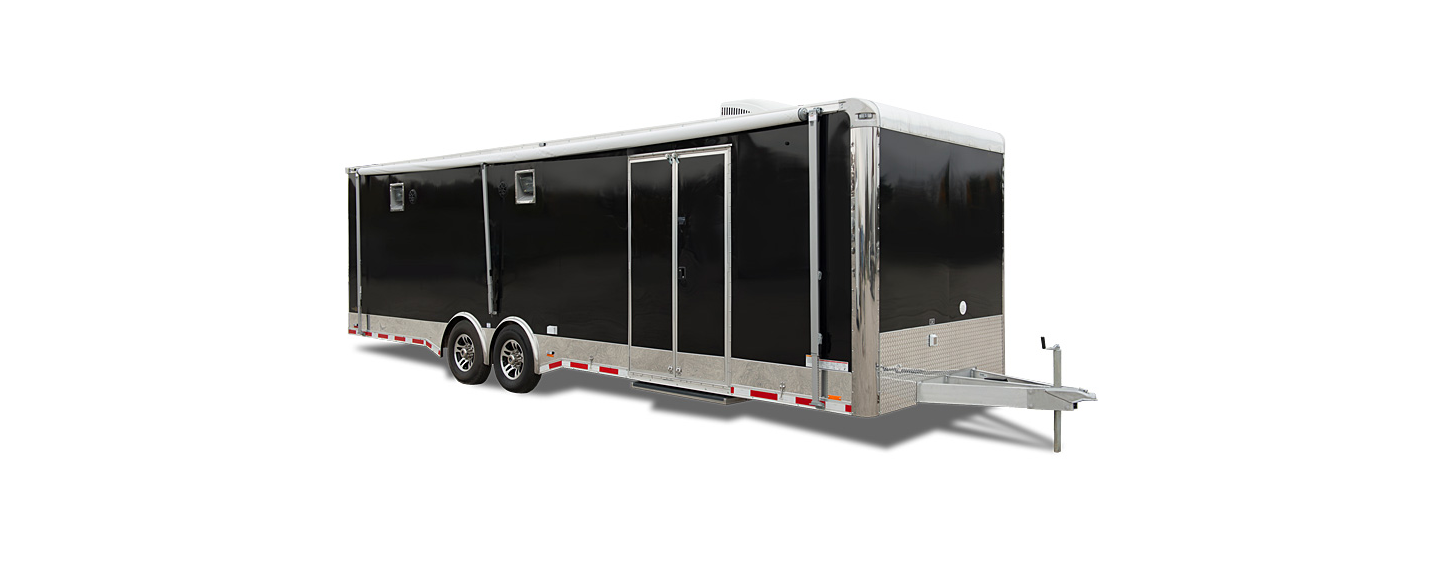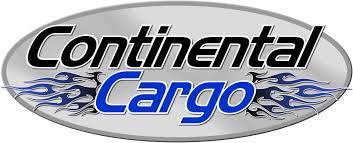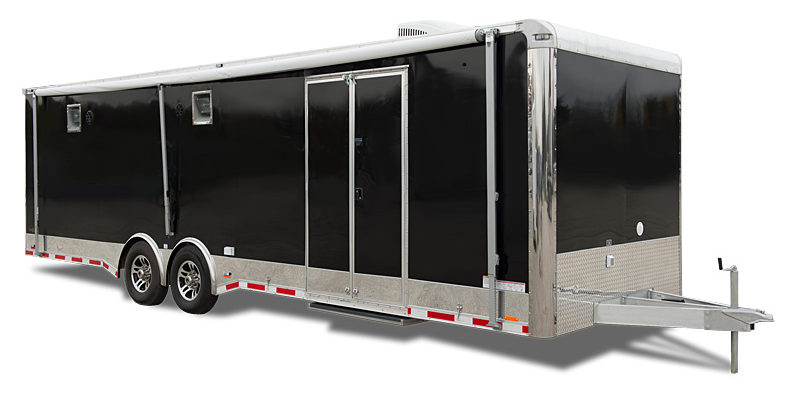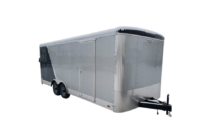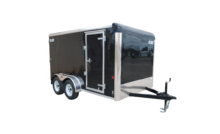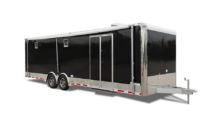To ensure safe towing, make sure you have a suitable vehicle, hitch, and trailer. It is the trailer owner’s responsibility to correctly match the combination of tow vehicle and trailer. Contact a hitch specialist who can help you match your tow vehicle and hitch and equip you with a properly installed brake controller.
- Make sure the ball on your hitch matches the coupler size on the trailer.
- Use the jack to raise the coupler high enough for the hitch ball to slip beneath.
- Release the coupler-locking device (raise the lever).
- Back your tow vehicle into mounting position.
- When properly aligned, lower the coupler onto the ball.
- With the coupler on the ball, continue raising the jack until it is fully raised for maximum ground clearance.
- Latch the coupler-locking device. (It is very important to lower the lever and insert a pin in the lock hole.)
- Connect the safety chains by crossing the chains beneath the coupler and attach them to the tow vehicle. Allow enough slack for turning, but no dragging. (Tip: If chains are too long, simply twist them.)
- Connect the electrical plug on the trailer to the plug on the tow vehicle. Check to make sure that all running, directional, and brake lights are functioning.
- Properly load approximately 60% in front of the axles (you want 10-15% of the trailer and load weight on the hitch), balance the load side to side, and secure it (you don’t want it getting loose). Don’t overload; go by acceptable payload ratings or you may void the warranty.
- Take a trial run and familiarize yourself with the handling characteristics of your tow vehicle and trailer.
Safety Chain Installation Instructions
- Your trailer has been equipped with safety chains of the proper classification as specified in Canadian Standards Association Standard Z240.1.2. You should always connect these chains properly subsequent to moving your trailer even for short distances. In the unlikely event that your trailer should come loose from the hitch ball, properly installed chains can avoid disastrous results.
- TChains should always be of equal length on both sides. The length should be adequate to allow the tightest turn radius available while being short enough to prevent dragging on the road.
- Safety chains should always be connected by crossing them under the trailer tongue. The right chain attaches to the left side and the left chain attaches to the right side. This will form a cradle that catches the hitch coupler should it come loose. The end connectors should always be connected to the hitch base plate or another location specifically provided for this purpose. NEVER attach safety chains by looping them around the ball hitch.

